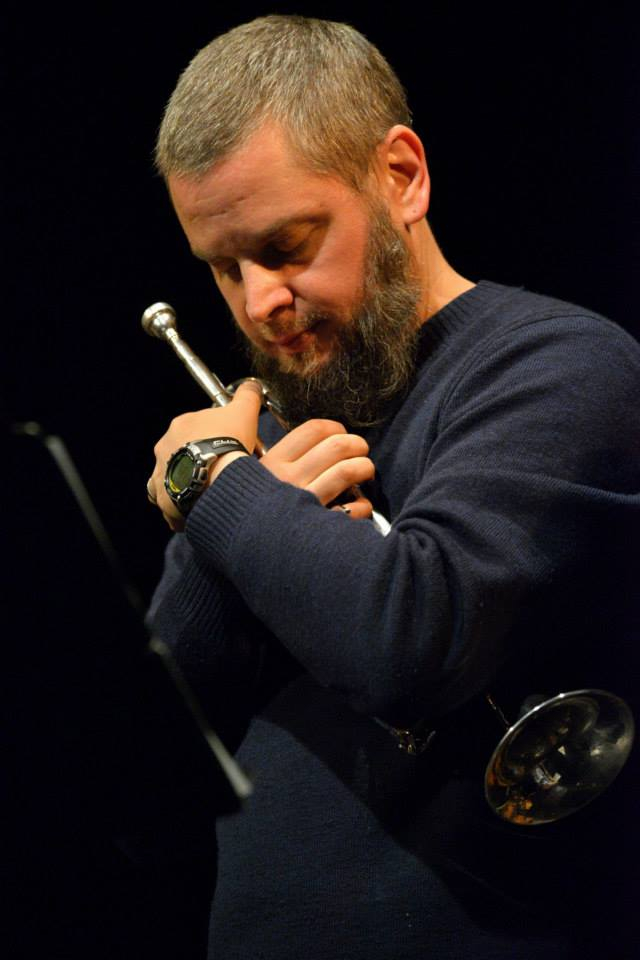
Mr. Wooley used a lot of extended technique, of which there's been a long history in free jazz: drawn-out tones decaying into hisses and pops, sucking air inward through the instrument, blowing into the horn without a mouthpiece. His playing was measured and plainspoken, even as it kept resetting itself, denying you a sense of rush or resolution. The band played short and deliberate pieces, and when Mr. Wooley hit a long, slow moan, warping the sound with a mute, it felt like an extravagance. He thanked the 40 or so members of the audience for being attentive and told them that it was the largest crowd Crackleknob had ever performed before. About 20 minutes in, he asked whether there was time for another number.
His reserve felt like a form of boldness. It might help to know that Mr. Wooley grew up in a small fishing village in northern Oregon, that hes sometimes considered part of an aesthetic of improvising called lowercase, and that he doesn't consider himself an adherent to it. This was a multiple bill within the 11-day Vision Festival, of newer bands whose music branches off in various ways from the main stem of post-Coltrane free jazz. All the branches contain their own traditions; it was hard to hear Mr. Wooley's playing without thinking of Bill Dixon, who helped shape the language for it and died last week at the age of 84.
Before Crackleknob came Lowest Common Denominator, a band with a clearer and more recognizable purpose: going long and intense. The saxophonist Tim Berne, the trumpeter and trombonist Herb Robertson, the keyboardist Matt Mitchell and the drummer Dan Weiss played athletic collective improvisations, slipping in and out of regular rhythm but finding common ground with tone, pitch and gesture. Mr. Robertson's role in any band is usually the wild card impulsive, disruptive and on the face of things that was true here, too: at one point he was playing a trombone into a megaphone with a derby hat as a mute. But the bands real engine of unpredictability was its relentless rhythm section, which kept giving the music a strong frame a groove or just a tricky pattern and then jerking it away.
By contrast, the young alto saxophonist Darius Jones, alongside the bassist Adam Lane and the drummer Jason Nazary, played tunes: big, sentimental melodies fracturing into polytonality, with a flapping Albert Ayler vibrato. The trio quickly got frenetic, filling in the spaces between all the notes, here and there coming close to funk; compared with the other bands, more cagey about commitment and momentum, this one was down-deep earnest. It couldn't help itself. Near the end, Mr. Jones played a song he wrote called I Wish I Had a Choice. He shrugged and explained the title: Cause its just like, once you go down this path, you're on it.
The festival runs through June 30 at performance spaces in Lower Manhattan; visionfestival.org.




























